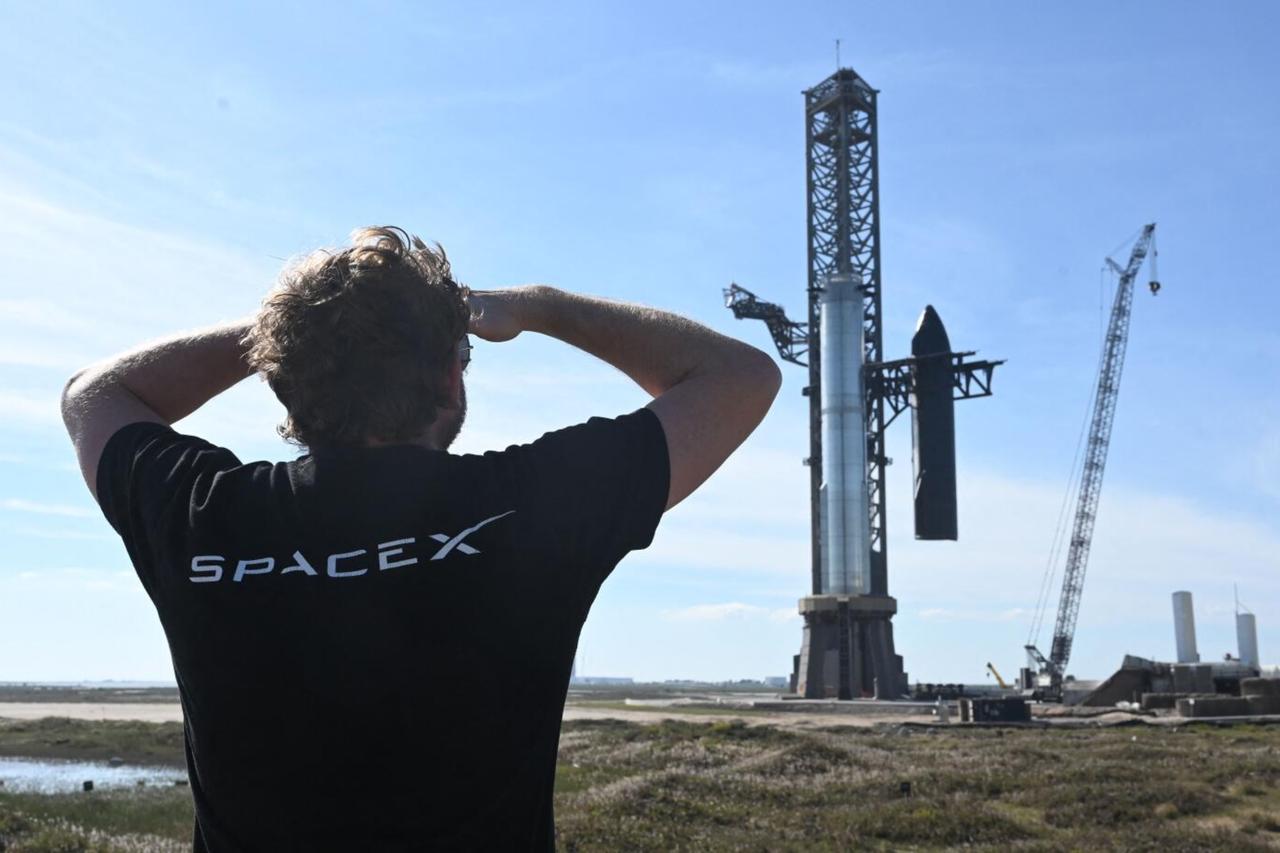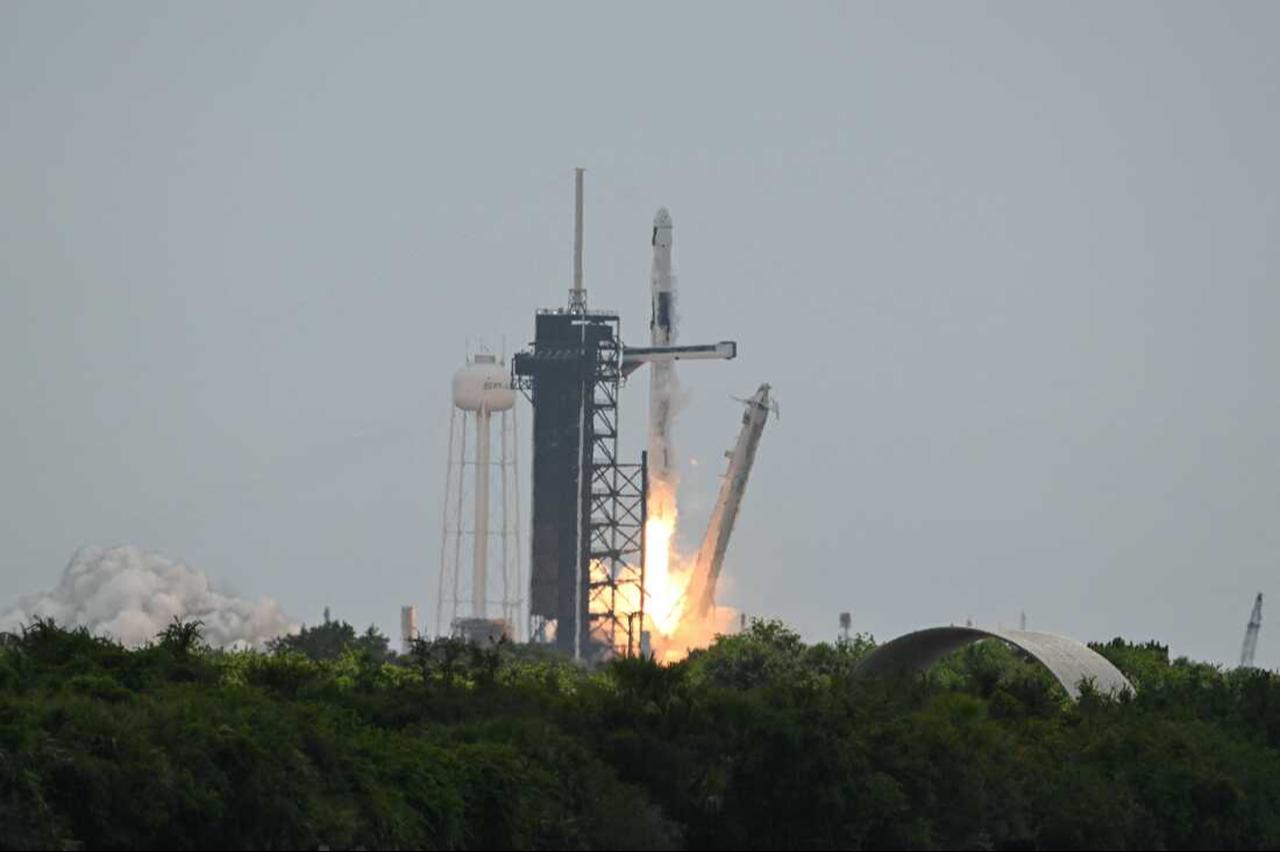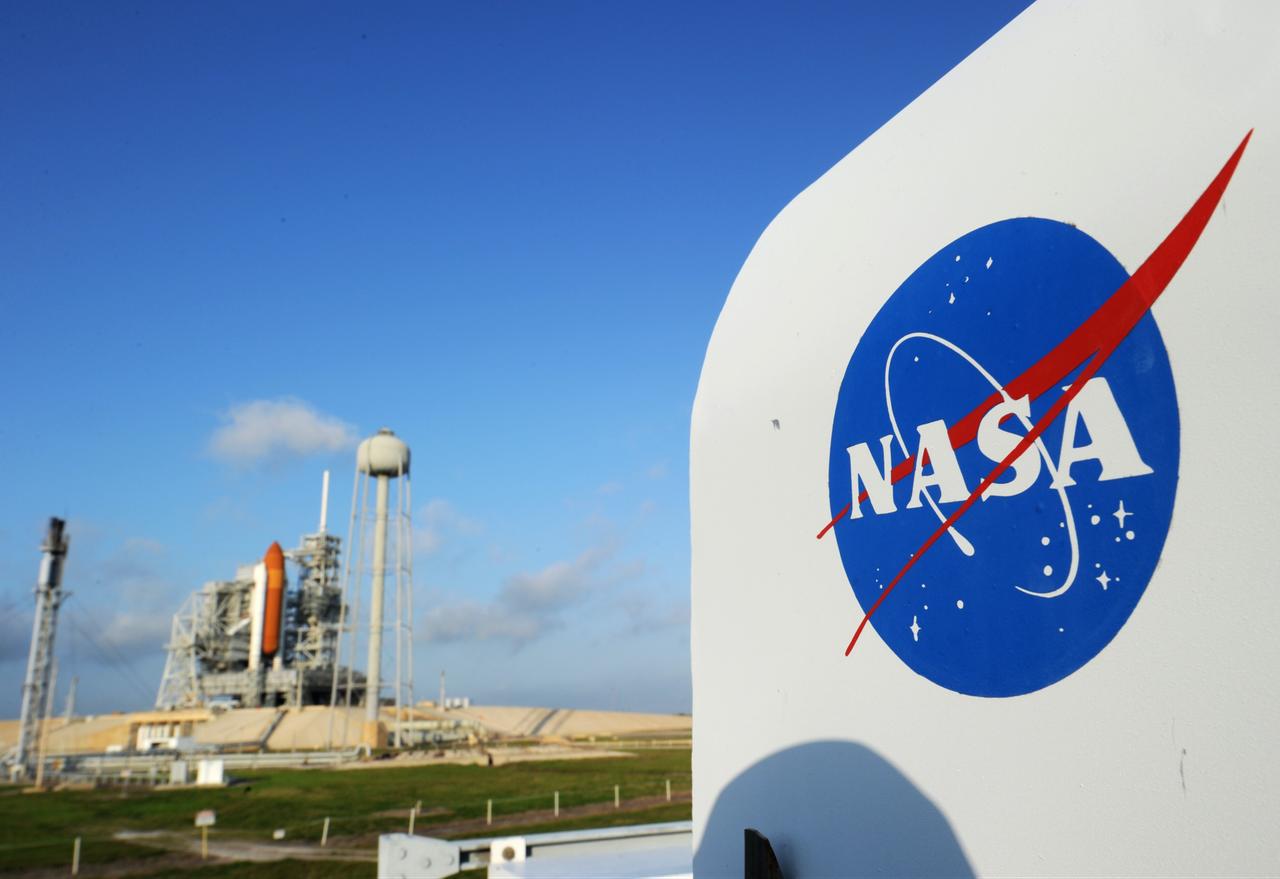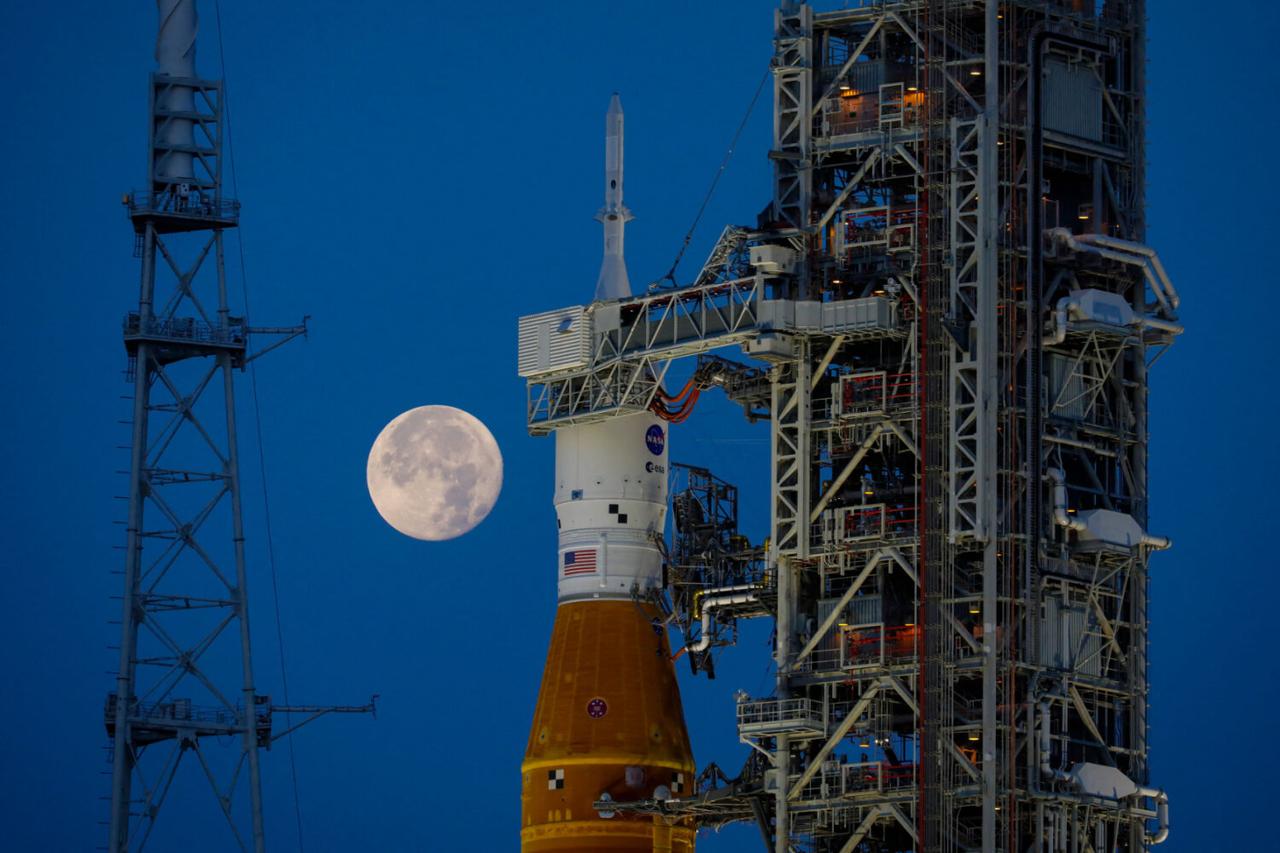
NASA’s Artemis program is facing a new setback, as leaked internal correspondence suggests SpaceX Starship will not be ready to carry astronauts before mid-2028.
The documents, obtained by Politico, indicate that Starship may not reach crew-ready status until at least September 2028, pushing the agency’s current target of a 2027 lunar landing back by at least a year.

The Artemis program, launched during President Donald Trump’s first term, was initially intended to return astronauts to the Moon by the mid-2020s.
Artemis I completed a successful uncrewed test flight in 2022, but Artemis III, originally slated for 2024, has been postponed several times, first to 2025, then to 2026, and later to 2027.
Legal disputes with Blue Origin, problems with new spacesuits, and issues with the Orion capsule’s heat shield had already slowed the mission schedule.
The U.S. Government Accountability Office had warned last year that a 2027 landing was unlikely and that 2028 was a more realistic target.

Throughout 2024, Starship suffered several explosive test failures, despite some progress in later attempts.
Experts cited by IFL Science believe the vehicle still has a long way to go before it can safely perform a lunar landing and return.
The leaked memo described a proposed schedule that included an in-orbit refueling test in June 2026, an uncrewed lunar landing attempt in June 2027, and readiness for a crewed landing no earlier than September 2028.
Even a single disruption, the memo said, could derail this timeline.

NASA’s acting administrator Sean Duffy recently said in an interview with CNBC that the agency could open the human landing system contract to additional companies because SpaceX continues to fall behind schedule.
Jeff Bezos’ Blue Origin is viewed as the main alternative, with its “Blue Moon” lander expected to begin test flights soon. Blue Moon was originally planned for Artemis V, scheduled for 2030.
Elon Musk sharply criticized NASA’s position and insulted Duffy on social media, to which Duffy responded briefly by saying major companies do not fear competition.

Trump administration’s budget proposal has also raised concerns by targeting several of NASA’s most ambitious projects, including potential cancellations of the SLS rocket, the Orion capsule, and the Lunar Gateway station.
The proposal envisions shifting more responsibilities to commercial companies, but the delay in Starship’s readiness underscores the risks of that strategy.
NASA’s revised lunar ambitions now hinge on either SpaceX accelerating Starship’s development or the agency turning to another provider to keep the Artemis program on track.